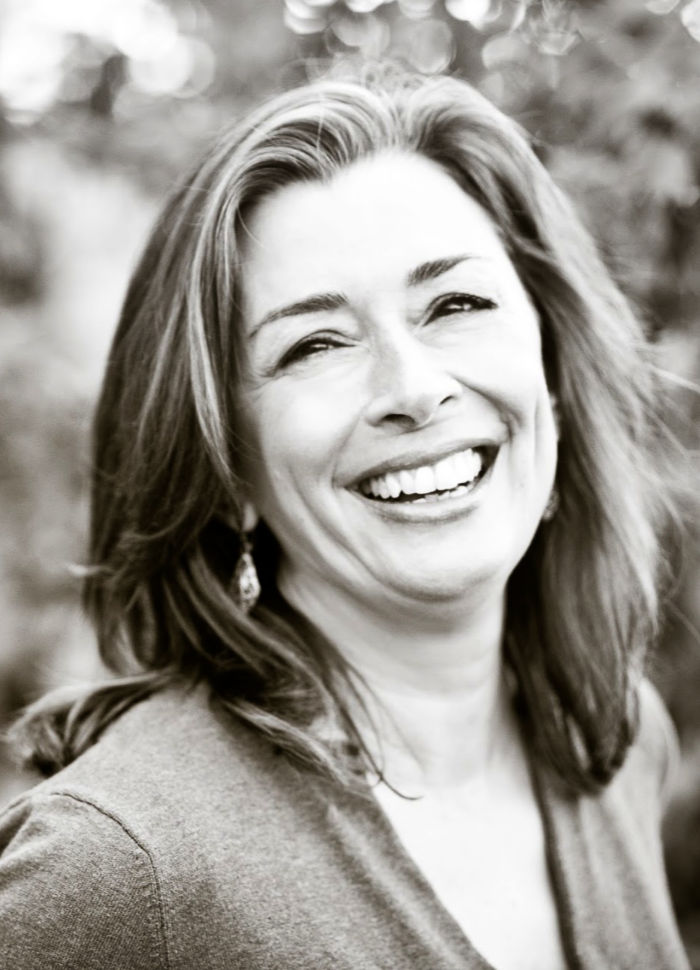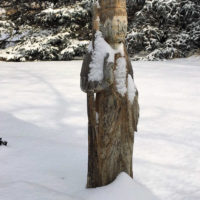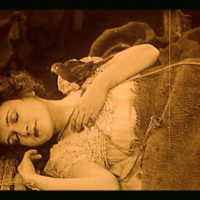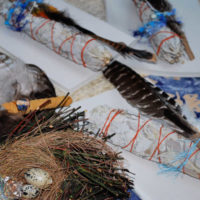Have you ever been driving in the car, listening to the radio, and a song comes on that is simply contagious? You get caught in the moment and start singing along: “Baby we were born to run…” Then you look over to the car next to you at the stoplight, and see the driver grinning at you?
Or you are alone in your house, having a leisurely shower, and you let your voice play as you suds up. You sing with abandon and perhaps a good dose of silliness: “The hills are alive…!” And THEN you come out of the bathroom and your spouse (roomate/sibling, etc.) shows up. “Nice one, Pavarotti.”
Your moment of abandon and pleasure has been interrupted by another person’s observing presence. And it may come with judgment, disapproval, or even ridicule.
For many people, those moments trigger experiences of judgment about our voices from way back. Perhaps we were told as children to “tone it down” when we were singing. Perhaps we were rejected from the school choir, or told we were tone deaf, and shouldn’t even try to sing.
I remember how proud I was to be singing in the Madrigal choir in ninth grade, an ‘elite’ a cappella group. Then one day our choir leader said “Who is singing with that awful nasal tone? Is that you Miss Bockhoff?” I bowed my head in shame. I can tell you that after that moment, I never again sang quite as loudly in the Madrigals.
Working with women and voice is a lifelong passion for me. I have heard countless stories about how women’s voices have been ‘cursed’: judged and demeaned. And the costs of this cursing is high. My shrinking in ninth grade led to my decision NOT to try out for the choir in high school. My love of singing and music effectively went underground for many years. For years I didn’t sing quite as loud, or with such abandon.
Our voices are an integral, and very sensitive part of who we are. Our voices are the vibration of our being. They resonate with our life blood. They echo our vitality. Our voices are like fingerprints: unique imprints in the world. So criticisms of our voices can go very deep. They touch into the essence of who we are.
It is no surprise that many of us bury our singing voices after experiencing one of these curses. We will take our gifts and hide them, rather than lose them.
Joseph Campbell said:
“You must have a room or a certain hour of the day or so, where you do not know who your friends are, you don’t know what you owe anybody or what they owe you – but a place where you can simply experience and bring forth what you are and what you might be… at first, you may find nothing’s happening… but if you have a sacred place and use it, take advantage of it, something will happen.”
I’ve been carting that quote around with me for years, and I never tire of it. It reminds me that the skill of honoring one’s deepest self takes practice. It is a discipline, not a random happening. To honor that deeper self one needs to make space for it.
It reminds me of something else as well: that one of our most difficult tasks in making space for ourselves is letting go of our perceptions of what others want from us, as well as their judgments. Campbell says you need a place “where you don’t know what you owe anybody or what they owe you …” and I think this is key. This is the “like no one is listening” part of singing freely. Even in a room alone, it is not necessarily easy to ‘not know’ what others may think, or to feel into that place in us that is authentically ours.
This Christmas, I was fortunate to get together with lots of family members I hadn’t seen for a long while. Many of us are musical, so we all gathered round the piano to sing Christmas carols. The cacophony of voices was quite amusing. At times we were in perfect harmonious flow, and at other times we were battling it out for the loudest possible faux-operatic rendition of “Oh Holy Night”. It was so loud at times I couldn’t even hear my own voice.
Then I realized that no one was actually listening to anyone else. And somehow, this became incredibly freeing. Putting a hand on one ear, I listened to my own hum, and played with interesting notes and harmonies. I sang very rawly at times, and sweetly at others. Sometimes I stopped singing altogether and simply felt my breath. And I took my turn at faux-operatic as well.
Amidst this chaotic scene, I discovered that the blessing of the voice can truly be felt anywhere. And even though I might prefer a quiet room, to simply experience and bring forth whatever song may emerge, that is not necessarily a prerequisite for freeing the voice. As it turns out, in this crowd of noisy people, I sang like no one was listening.
Our voices are a gift. And singing is our birthright. In the place of your deepest essence, your own song lives.
Start your own song. In a quiet room, in the shower, in a gang of crazy people. That’s your vibration coming through, and it only belongs to you and spirit.
And the guy in the next car.
